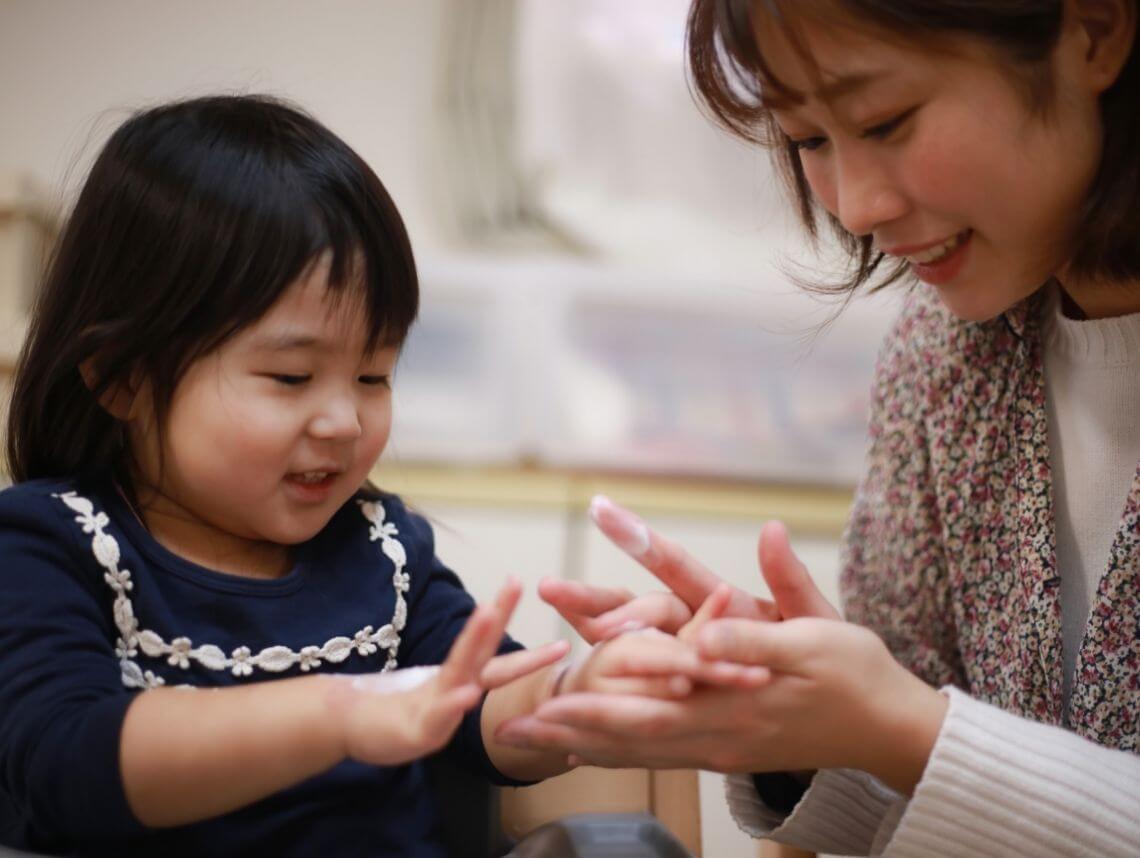No parent wants to see their child experience the discomfort that comes from the rashes and itching of an eczema flare-up. These symptoms can negatively impact playtime, learning, sleep, and eating for your little one. To achieve the best possible health after an eczema diagnosis, you should be proactive in treating and caring for your child’s skin.
Preventing future flare-ups is another priority for eczema, also called atopic dermatitis. While there is no way to completely prevent recurring eczema symptoms, committing to a healthy lifestyle and other key measures can give you the best possible chance.
Eczema is a skin condition that causes rashes, itching, scales, and potential infection. The causes are not fully understood, but there is a strong association with certain allergies, including hay fever and the way the immune system responds. Eczema in children and babies is very common, but it can also occur later in adolescence and in some adults.
This practical guide on how to treat and care for eczema in children can help you to be more engaged with your child’s journey to relief. Every child is different, so always work closely with your pediatrician or dermatologist to ensure the best possible care for your child or loved one.
Tips for Treatment and Care for Children with Eczema
Doctors will usually diagnose eczema by visually examining the skin and reviewing personal and family health histories. In some cases, additional testing may help to confirm eczema as the cause of symptoms or to rule out other conditions.
Treatment can vary based on the severity of itching and rashes, their location, and the age of the child, but there are many common treatments. Frequently recommended tips for self-care and treatment of eczema in children include:
- Use topical moisturizers: Dermatologists recommend moisturizing the skin of children with eczema often, up to three times a day. Topical ointments and creams, such as petroleum jelly, are preferred over lotion as they contain more oil.
- Use topical corticosteroids as needed: Steroid creams, such as cortisone, applied directly to an area can relieve itchiness and inflammation. It is crucial to only use the strength and dosage recommended by your pediatrician or dermatologist to avoid potential skin damage.
- Try other oral and topical medications: Doctors may prescribe antihistamines, anti-inflammatory drugs, calcineurin inhibitors that help repair the skin, and antibiotics if there is an infection. Discuss any side effects or interactions with your doctor and use only as directed.
- Explore other eczema treatment and care methods: There is a range of therapies that can be effective for relieving eczema in children. Bathing in a highly diluted bleach solution, which can help with infections and irritation, is advised for some patients. Another bath choice to discuss with your care provider is an oatmeal bath. Treatment with ultraviolet light, such as sunlight, in controlled doses may also help. Wet wraps, or placing medicated damp cloths or other dressings on areas of the skin, can be performed in both clinical and at-home settings but may require training.
Learning to manage eczema in children can take some time while you try different therapies and relief methods. With patience and persistence, it is possible to find the combination of treatments and care measures that work best for your little one.
Preventing Eczema Flare-Ups and Long-term Management
Despite our best efforts, eczema flare-ups can still rear their ugly head. Sometimes it can be after a period of years, and for no apparent reason. As frustrating as it can be, the best rules for eczema prevention are knowing the triggers and maintaining a consistent routine, even if you think the condition is fully under control.
Steps for eczema flare-up prevention include:
- Good bathing hygiene, including keeping baths or showers as short as possible and avoiding extreme temperatures
- Wearing light, soft, breathable clothes
- Keeping your home free of known allergens and irritants, particularly mold, cigarette smoke, and pollen
- Staying hydrated
- Being consistent with skin moisturizing
- Eating a healthy, nutrient-rich diet that is free of skin irritants
- Asking your doctor about supplements, such as fish oil
- Avoiding stress as much as possible
- Seeking behavioral health measures and counseling if needed
- Keeping fingernails short to avoid additional skin damage from itching
Just like treatment, the right prevention measures for eczema can differ from person to person. For busy families and different family arrangements, a pediatric home health aide who understands the unique needs of children with conditions such as eczema can keep your care and prevention routine on track.
Contact Care Options for Kids for Home Health Care in Florida
It can be hard to balance your time between work, home, and caring for a child. That’s why our team of skilled professionals at Care Options for Kids is here to help. We have been enforcing precautionary measures and following the Centers For Disease Control (CDC) guidelines for COVID-19 to ensure the safety and health of our clients and employees.
Our home health care services offer support in the comfort of your home. We refer loving and competent nurses, nurses, Certified Nursing Assistants (CNA), or Home Health Aides (HHA) to provide customized care for families — from a few hours a day to around-the-clock supervision. Contact us directly to speak with a home health care professional or request a free in-home assessment. Together we can determine the best plan of action to keep your loved ones happy and healthy.
If you or a loved one are considering Pediatric Home Health Care Services in Florida, contact the caring staff at Care Options for Kids. Call today at (888) 592-5855.






